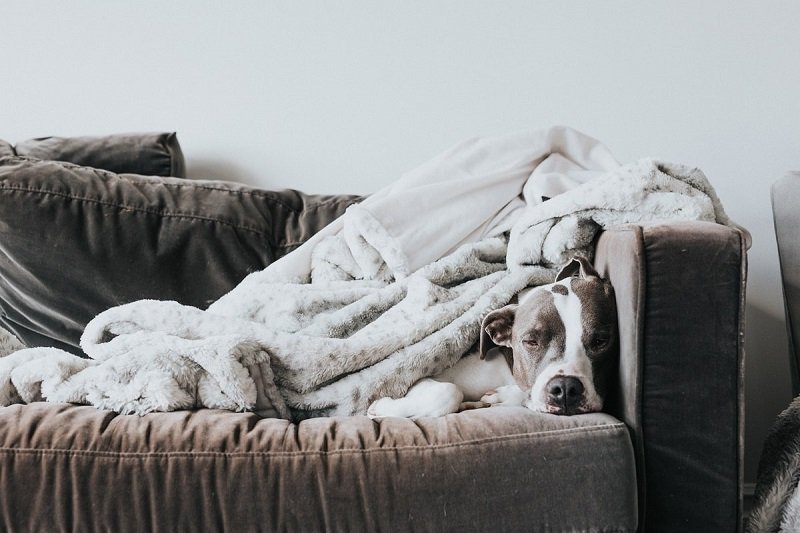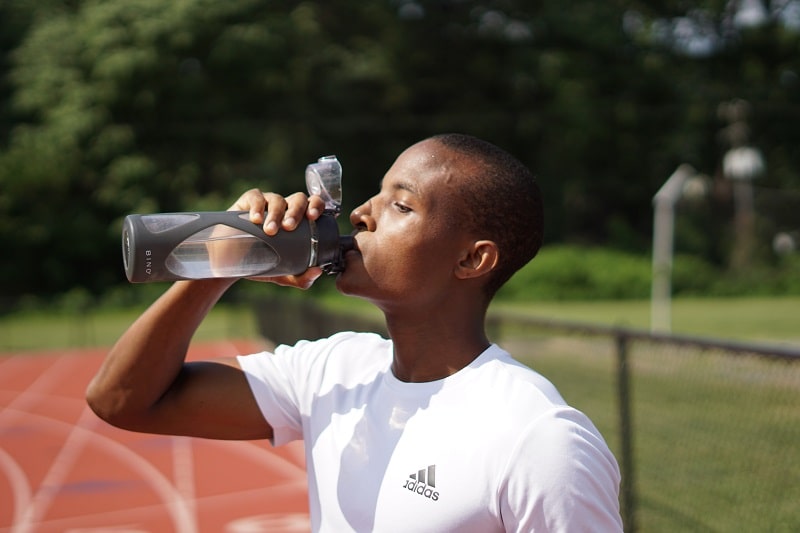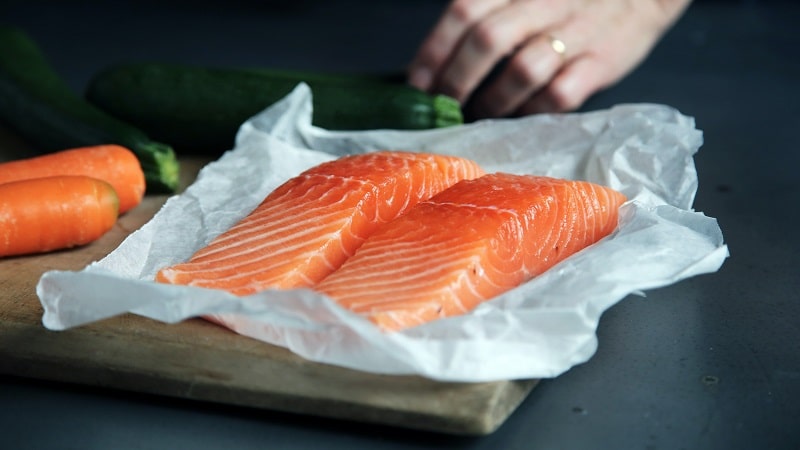Physical activity has many types and running is one of the most energetic but exhausting ones. Running activity burns the calories that lead you towards the active body and mind. But if you’ve been upping the mileage to run further than you’ve ever run before. The chances are you might be feeling a little bit sore, your stomach’s hurting, it’s cramping, painful, and uncomfortable that you can’t actually leave the bathroom.
Statistically speaking 60% of runners deal with stomach issues from time to time so it’s important to avoid those aches and pains that you tend to feel afterwards by stretching your muscles out and giving yourself a bit more flexibility.
Stretching really helps the blood flow around your muscles and it can also make you less prone to injury as well. Specifically, if you’re running in the morning and you can’t go to the bathroom before you go run then maybe it’s a good idea to just run on an empty stomach or possibly just drink water, it depends on how long you’re going out.
BRAT diet which is an acronym so Bananas Rice Applesauce Toast. Actually, you know help things stay together so you don’t have as many issues and you can continue with your schedule running.
Running is good for you however; you need to take care of some important things to avoid after running.
1. Don’t be a Couch Potato
[box]

Do not sit at a home in your wet sweaty running kit, scrolling through the latest things on social media. Because when you are running your blood vessels dilate and you’ll get really hot and sweaty. You won’t feel cold in beginning even if you sit down for 10 minutes but soon you will find the dumbness of your kit will get to you, so try and avoid the temptation and get straight into some warm and dry clothes.
The first thing you must to avoid after running is to be couch potato after having a wonderful run.
You might think that’s brilliant for your healthy recovery but it’s not instead you need to make sure that first you do a thorough warm down especially if it’s been a hard run. Dissolve the Epsom salt into magnesium and sulphates in warm water, and sit in it for approximately 20 minutes.
Magnesium is beneficial to the body in a number of ways including helping muscle control and boosting your mood. Epsom salt baths can help you with your tired muscles but there’s no denying that sitting in a warm bath for 20 minutes will help your recovery. Also, there are some great benefits to sit in a bath for 20 minutes. It gives you some time which can do wonders for your mental health and also if it’s been a particularly cold day it can help get your core temperature back.
[/box]
2. Don’t let go the Hydration
[box]

The second and the most important thing to avoid after running is letting your self dehydrated for a long time. It is Because when you become dehydrated your intestinal tract can become more irritated and cause more of an issue down the line.
What actually happening is that when we go for a run, a lot of our Blood is being diverted away from digestion and to our limbs and to our muscles, so we can actually run. Our body is actually prioritizing the activity we’re doing right now over digestion but because blood is being diverted away from the digestive tract, things go slowed down and then on top of that dehydration, so remember hydration is important.
You need to rehydrate yourself within the first ten to fifteen minutes of getting back even if it wasn’t a particularly warm run. We still need to replace fluids that we have lost through sweating.
You can get some tablets in the form of sports drinks or powders so with these ones you just pop them in your water and then drink them like your normal water and that will help replace any sodium lost through sweating. Also, don’t forget to rehydrate throughout the day not just when you get back from your run.
[/box]
3. Don’t Overlook Healthy Proteins
[box]

Getting back from a run and diving into the sweets jar, grabbing biscuits, cakes or anything that satiates our sugar cravings isn’t the best thing to avoid after running. If it’s a mealtime then it’s a good idea to prepare your meal first.
Running activity burns the carbohydrates in your muscles, so your muscles want to replenish those burned carbs and for that you sneak out to supermarket and fill your trolley with those products.
Let’s see what are the best things to eat after long trail run? A long trail run hits your wings, calves, glotus hamstring and quads muscle, so your muscles gonna need to rebuild.
This rebuilding of muscles requires healthy proteins that comes from lean meals like chicken, fish, eggs or maybe rice and even beans. If you are looking for a vegetarian option then you need to have veggies with rich proteins.
Also, do make sure to have healthy snack or maybe protein drink beforehand to keep your hunger at bay.
[/box]
What Not to Eat After Running
If you’re like most runners, you probably think about what to eat before a run. But what you eat after a run is just as important. The right post-run meal or snack will help your body to recover, repair muscle tissue and replenish energy stores.
On the other hand, eating the wrong foods after a run can leave you feeling sluggish, bloated, and unmotivated to run again. So what should you eat after a run? And what should you avoid?
Here are the top 10 foods to avoid after a run:
1. High-Fiber Foods
While fiber is an important part of a healthy diet, it’s not the best thing to eat after a run. That’s because high-fiber foods can cause gastrointestinal issues like bloating, cramping, and diarrhea.
2. Spicy Foods
Spicy foods can cause indigestion, heartburn and other gastrointestinal issues. They can also irritate your already-sensitive post-run stomach.
3. Dairy Products
Dairy products can cause bloating and gastrointestinal distress. They can also make it difficult to absorb other nutrients from your food.
4. Fried Foods
Fried foods are high in fat and can cause indigestion. They can also leave you feeling sluggish and unmotivated to run again.
5. Caffeinated Beverages
Coffee, tea and energy drinks may give you a quick boost of energy, but they can also cause dehydration and upset your stomach.
6. Alcohol
Alcohol can cause dehydration, disrupt your sleep and hinder your recovery. It’s best to avoid alcohol after a run.
7. Processed Foods
Processed foods are high in salt, sugar and unhealthy fats. They can cause bloating, weight gain and other health problems.
8. Sugary Foods
Sugary foods can cause a quick spike in blood sugar followed by a crash. They can also lead to weight gain.
9. Junk Food
Junk food is high in calories, salt, sugar and unhealthy fats. It can cause weight gain, indigestion and other health problems.
10. Energy Bars
While energy bars can be a convenient post-run snack, they’re often high in sugar and calories. Choose a healthy snack instead.
